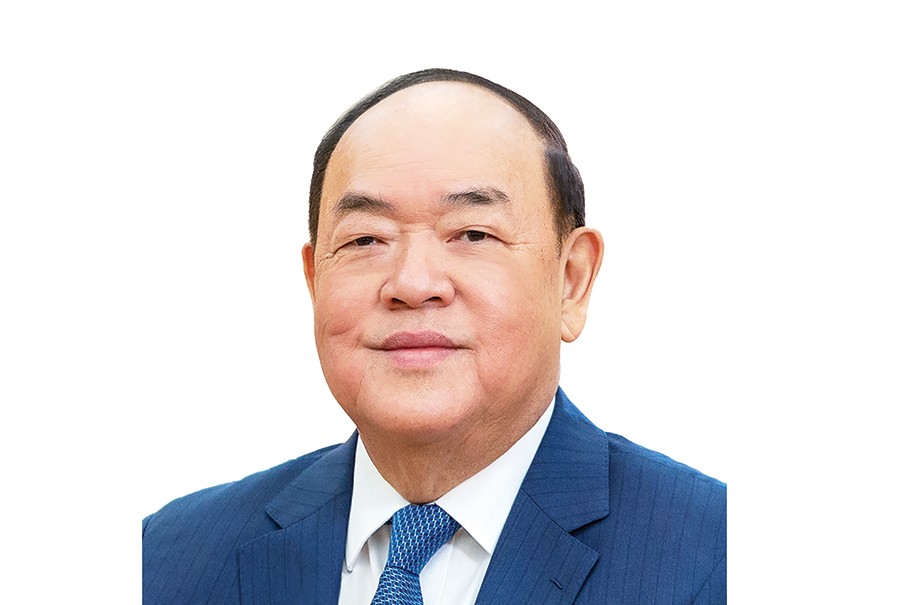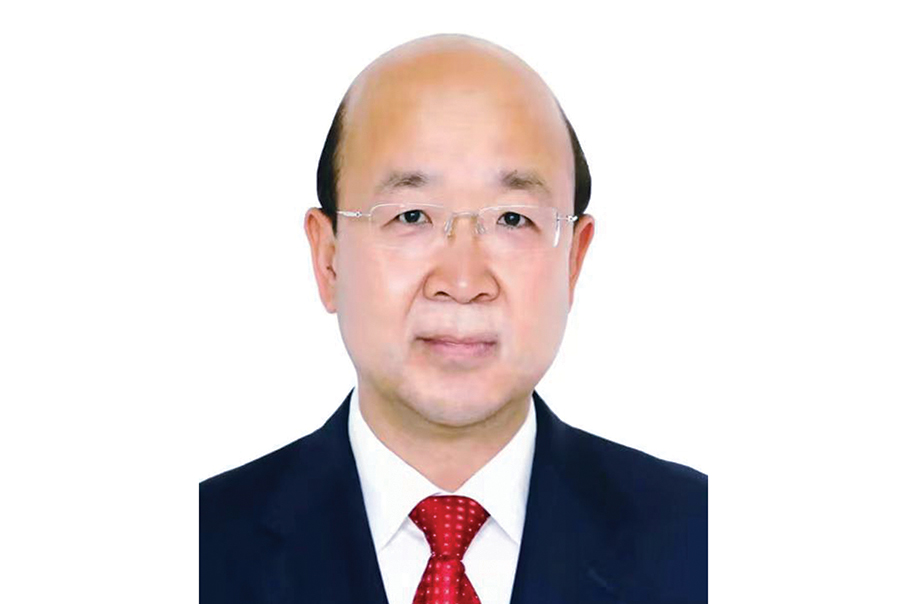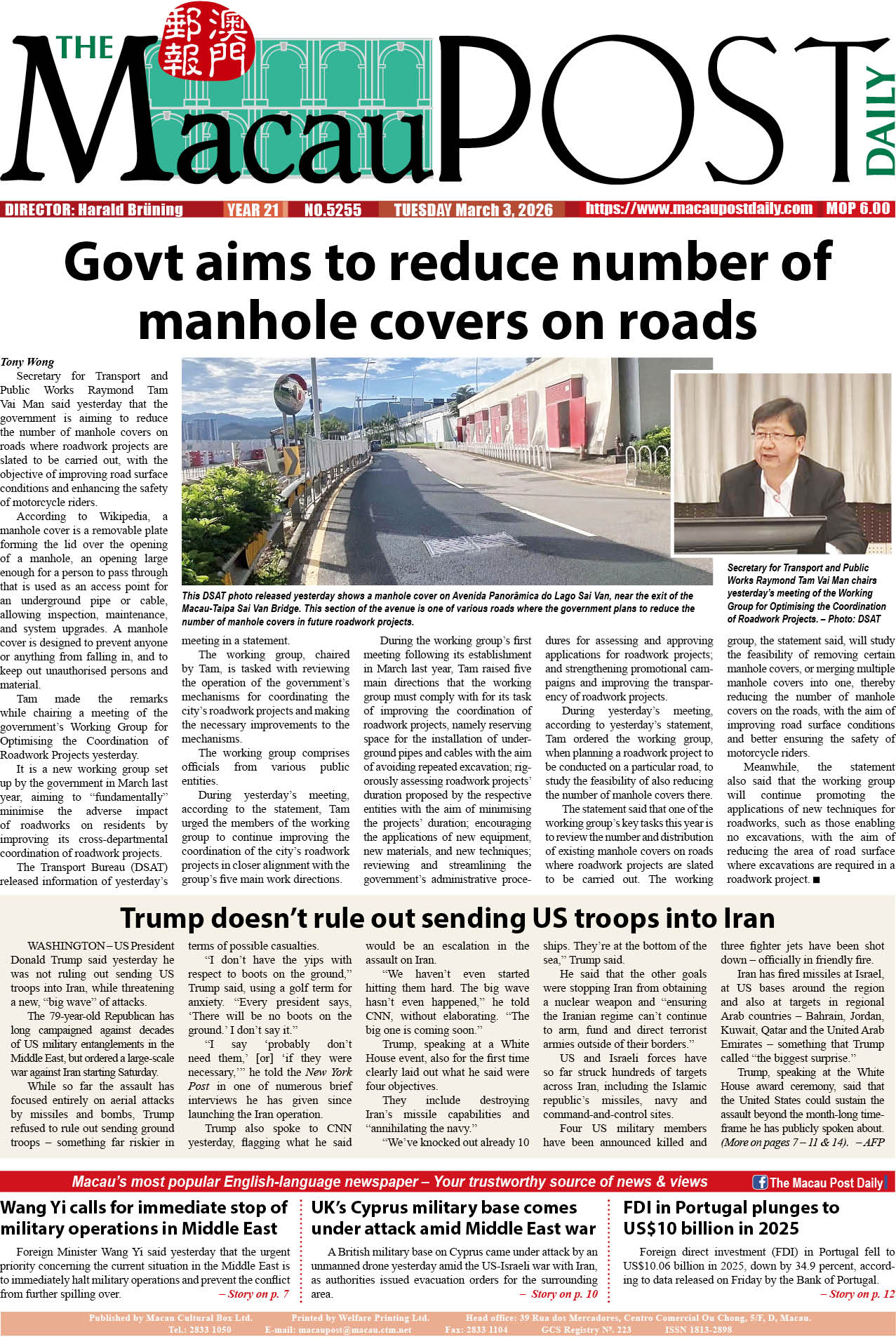Commentary
BEIJING – Recently, Washington has cunningly rebranded its “decoupling” rhetoric as “de-risking.” But in a world where economies are interconnected, and China serves as a significant growth engine, such attempts to contain China are destined to fail, leading to missed opportunities presented by China’s rapid development.
Despite facing pressures and challenges, China’s economy has rebounded steadily. Its GDP grew 5.5 percent year on year in the first half of 2023, reaching 59.3 trillion yuan, the latest official data showed. In the second quarter, the country’s GDP expanded 6.3 percent year on year.
It should be recognized that the outcomes were attained through technological advancement and an industrial structure upgrade.
From the first commercial flight of the C919, China’s self-developed large passenger aircraft, to China overtaking Japan in the first quarter of the year as the world’s top auto exporter, burgeoning high-tech manufacturing industries have provided a solid foundation for China’s sustained economic growth.
China remains determined to progress despite a relentless “de-risking” narrative that seeks to shake the world’s confidence in China’s economy.
The recently convened 14th Annual Meeting of the New Champions of the World Economic Forum in the northern Chinese city of Tianjin offered bountiful evidence of how the international community has cast a vote of confidence in China.
Referring to the fact that more than half of the 1,500 participants of the event came from abroad, Zhu Min, vice chairman of the China Center for International Economic Exchanges, said that a primary factor for the active participation of foreign guests is China’s robust economic growth amid a stagnant global recovery.
Moreover, given that globalization is the trend of the times, “de-risking” cannot sever China’s in-depth integration into the world economy.
The notion of “de-risking” is misleading as it incorrectly associates standard trade relationships with an overreliance on China. This approach equates interconnectedness with insecurity, which is illogical. It fails to recognize that the formation of global industrial chains is a natural result of market rules and enterprise interaction.
Today, China is the world’s second-largest economy, a major trading partner of more than 140 countries and regions, and a leading manufacturing hub.
Decoupling from the world’s most promising and dynamic market and production base would be unwise and unbearable. Over the past few months, many foreign entrepreneurs have visited China, expressing their willingness for broader cooperation. Data from China’s Ministry of Commerce showed that from January to May, 18,532 new foreign-invested enterprises were established nationwide, up 38.3 percent year on year.
China’s development and modernization is an opportunity for the world rather than a risk. As economic globalization encounters headwinds and regional flare-ups become more frequent, China has been widely regarded as a stabilizer of global industrial chains, and preferred destination for cross-border investment.
Nothing better epitomizes globalization than Belt and Road (B&R) cooperation. Over the past decade, the initiative has resulted in nearly a trillion dollars of investment, established over 3,000 cooperation projects, created some 420,000 jobs in countries along its routes and helped lift nearly 40 million people out of poverty.
Although China has never hesitated to share its development opportunities with the world, it seems that Washington is reluctant to allow others to benefit from those opportunities. After the “decoupling” rhetoric failed to gain popularity among other countries, including its European allies, Washington chose to peddle its “de-risking” narrative instead.
This is mere wordplay.
Washington’s hostility against China remains. Both “decoupling” and “de-risking” have reflected Washington’s anxiety about losing the hegemonic status that has enabled the country to behave unscrupulously.
In recent years, Washington has perceived China as a challenger to its hegemony, crafting a foreign policy bent on suppressing the Asian country’s rise.
China’s development goal is often misunderstood as a strategic threat. The opposite is true. China’s development primarily focuses on improving the lives of its citizens and does not intend to target or pose a threat to anyone.
Instead, Washington must shake off its Cold-War mentality and obsession with a unipolar global order. That poses a genuine risk to the world.
– Xinhua








